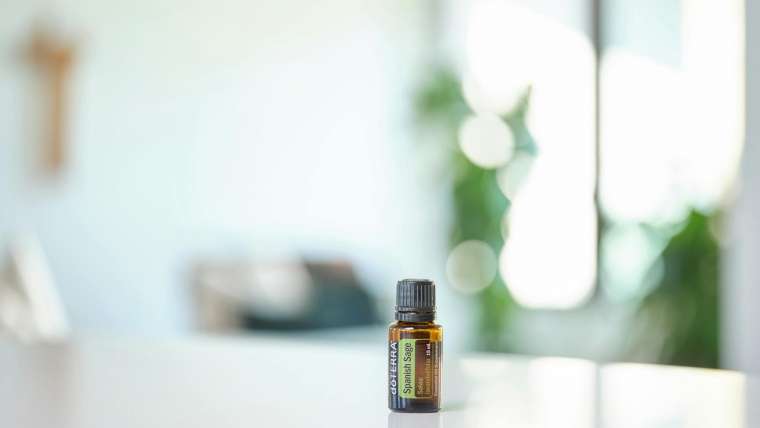Learn the natural remedies and treatment options for crushing kidney stones that will help you beat the pain for good.
Table of Contents
Welcome to our comprehensive guide on dealing with kidney stones, a painful condition that affects millions of people worldwide. Kidney stones can cause excruciating pain and discomfort, but with the right approach and natural remedies, you can manage and even prevent their formation. In this blog post, we will explore effective natural remedies and lifestyle changes to help you crush kidney stones and get relief.
Kidney Stones: Understanding the Pain
Kidney stones are hard deposits that form in the kidneys and can cause intense pain as they move through the urinary tract. The most common types of kidney stones are calcium oxalate stones, but they can also be made of uric acid, cystine, or struvite. The pain associated with kidney stones is often described as sharp, stabbing, and radiating from the flank to the groin.
Natural Remedies for Kidney Stones
1. Stay Hydrated: One of the most important factors in preventing kidney stones is staying well-hydrated. Drinking plenty of water helps to flush out toxins and prevent the formation of crystals that can lead to kidney stones.
2. Lemon Juice: Lemon juice contains citric acid, which can help break down calcium oxalate crystals, the most common type of kidney stones. Squeeze fresh lemon juice into water and drink it throughout the day for kidney stone prevention.
3. Dandelion Root Tea: Dandelion root tea is a natural diuretic that can help increase urine production and promote the elimination of kidney stones. Drink dandelion root tea regularly to support kidney health.
Lifestyle Changes for Kidney Stone Prevention
1. Maintain a Healthy Diet: A diet high in oxalate-rich foods like spinach, rhubarb, and nuts can increase the risk of kidney stone formation. Limiting these foods and focusing on a diet rich in fruits, vegetables, and whole grains can help prevent kidney stones.
| Method | Effectiveness | Pain Level | Cost |
|---|---|---|---|
| Medication | High | Moderate | Variable |
| Extracorporeal Shock Wave Lithotripsy (ESWL) | Moderate | Low | $$ |
| Ureteroscopy | High | Low | $$ |
| Percutaneous Nephrolithotomy (PCNL) | High | Low | $$$ |
| Home Remedies (e.g. hydration, hot packs) | Low | Low | $ |
2. Exercise Regularly: Regular physical activity can help promote kidney function and overall health. Aim for at least 30 minutes of moderate exercise daily to reduce the risk of kidney stone formation.
Seeking Medical Attention
If you experience severe or persistent pain associated with kidney stones, it is important to seek medical attention. In some cases, medical intervention may be necessary to remove large kidney stones or address complications related to their presence.
By incorporating these natural remedies and lifestyle changes into your daily routine, you can empower yourself to crush kidney stones and alleviate the pain associated with this common condition. Remember to always consult with a healthcare professional before making significant changes to your diet or lifestyle, especially if you have existing health conditions or concerns.
Frequently Asked Questions
How can I prevent kidney stones from forming?
Stay hydrated by drinking plenty of water, follow a diet low in oxalate-rich foods, and consider incorporating natural remedies like lemon juice and dandelion root tea into your routine.
What are the common symptoms of kidney stones?
Common symptoms of kidney stones include sharp and radiating pain in the flank and groin, nausea, vomiting, blood in the urine, and frequent urination.
When should I seek medical attention for kidney stones?
If you experience severe or persistent pain, difficulty urinating, fever, or chills, it is important to seek medical attention as these could be signs of a serious kidney stone complication.
Can lifestyle changes really help prevent kidney stones?
Yes, maintaining a healthy diet, staying hydrated, and exercising regularly can help prevent kidney stones from forming by reducing the risk of crystal formation in the kidneys.





